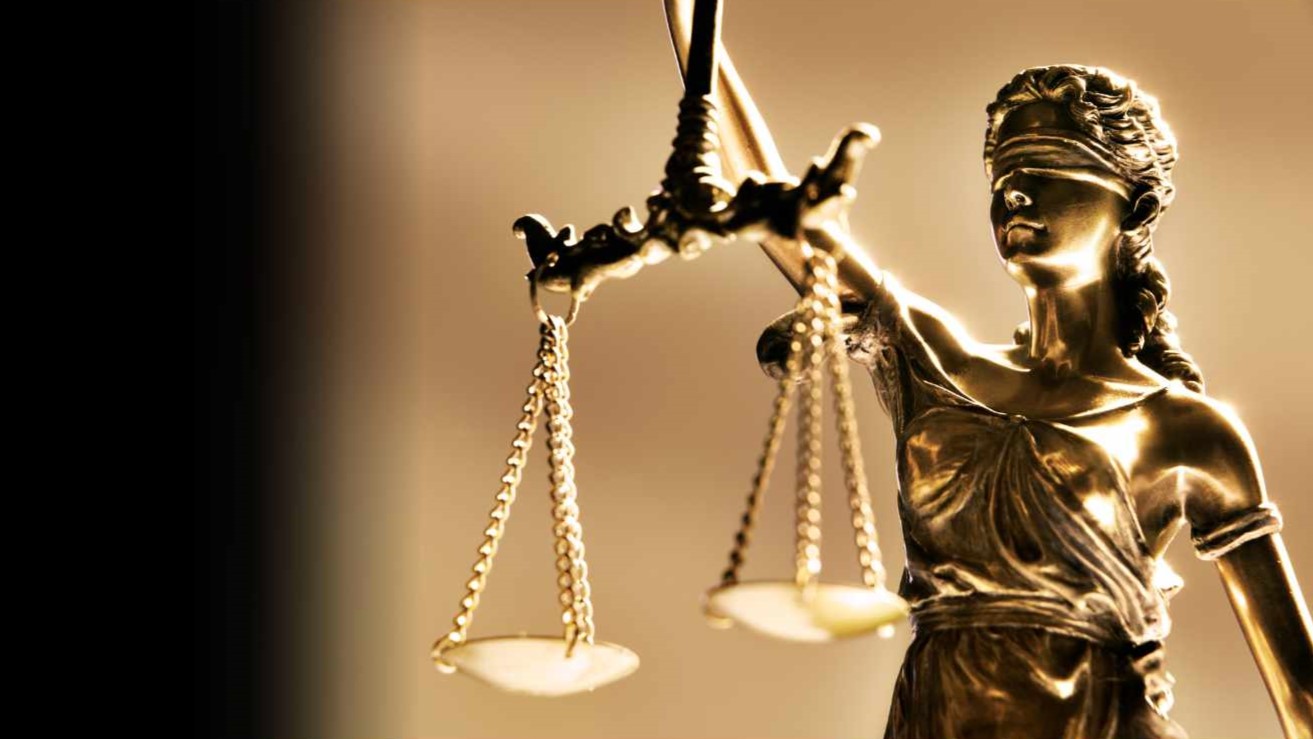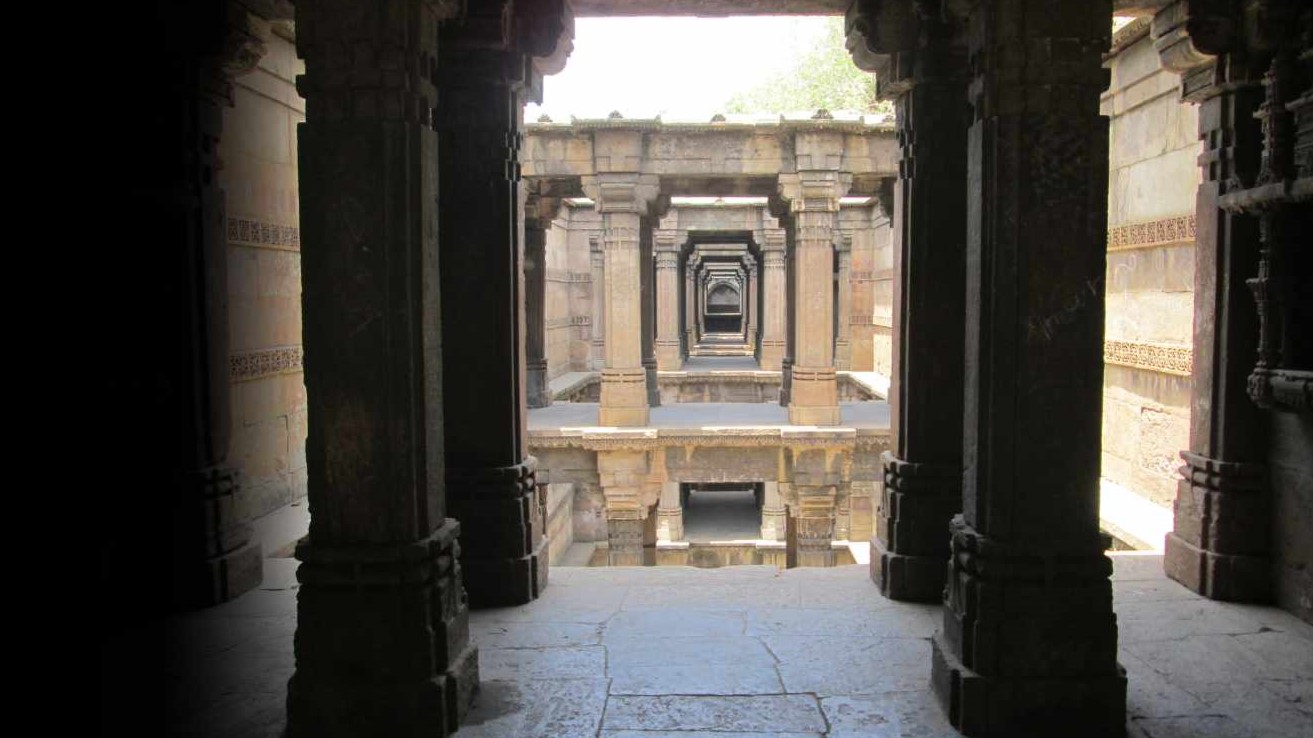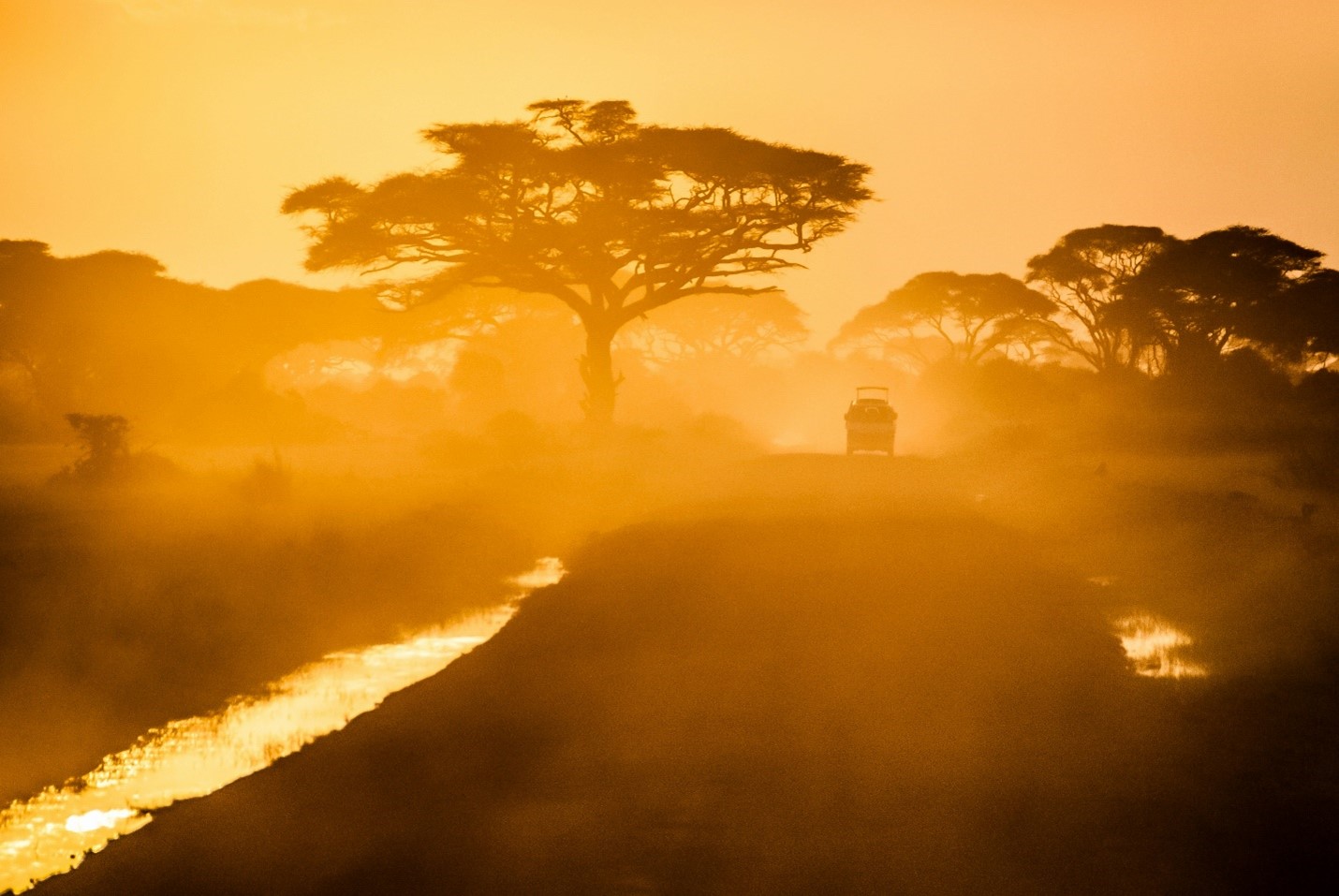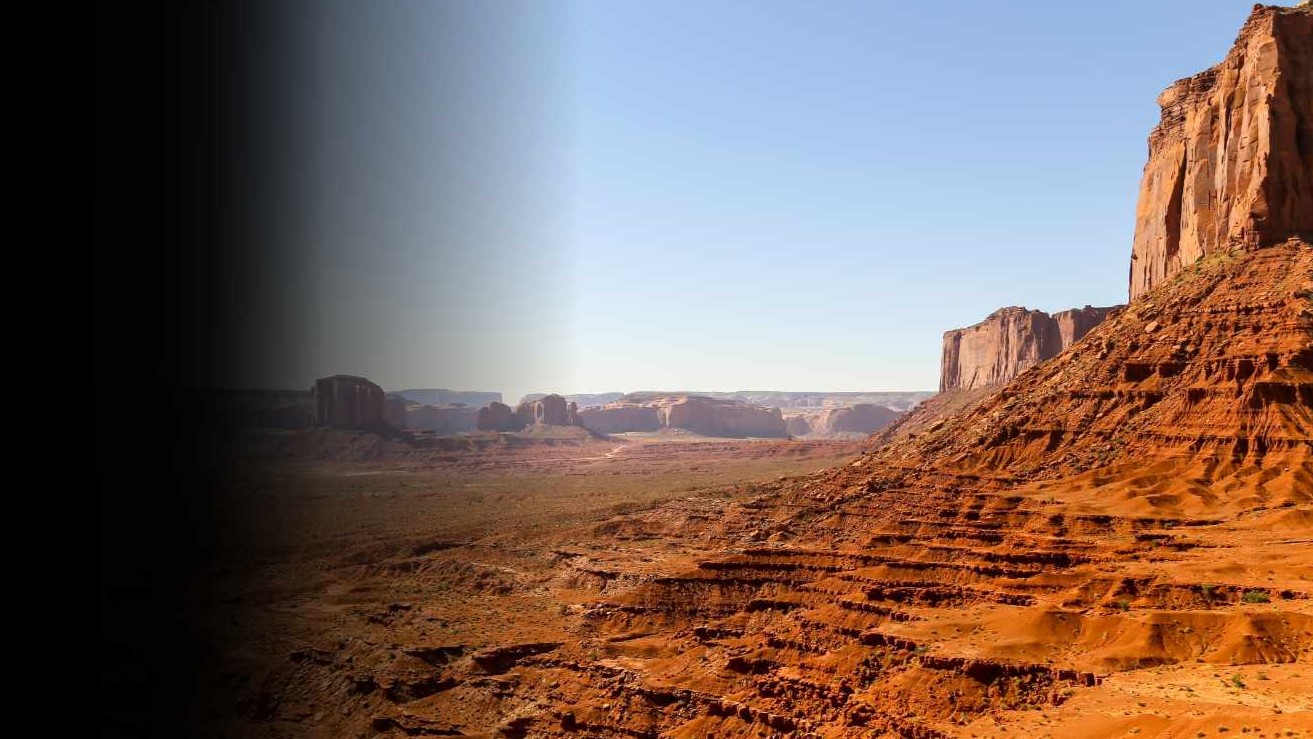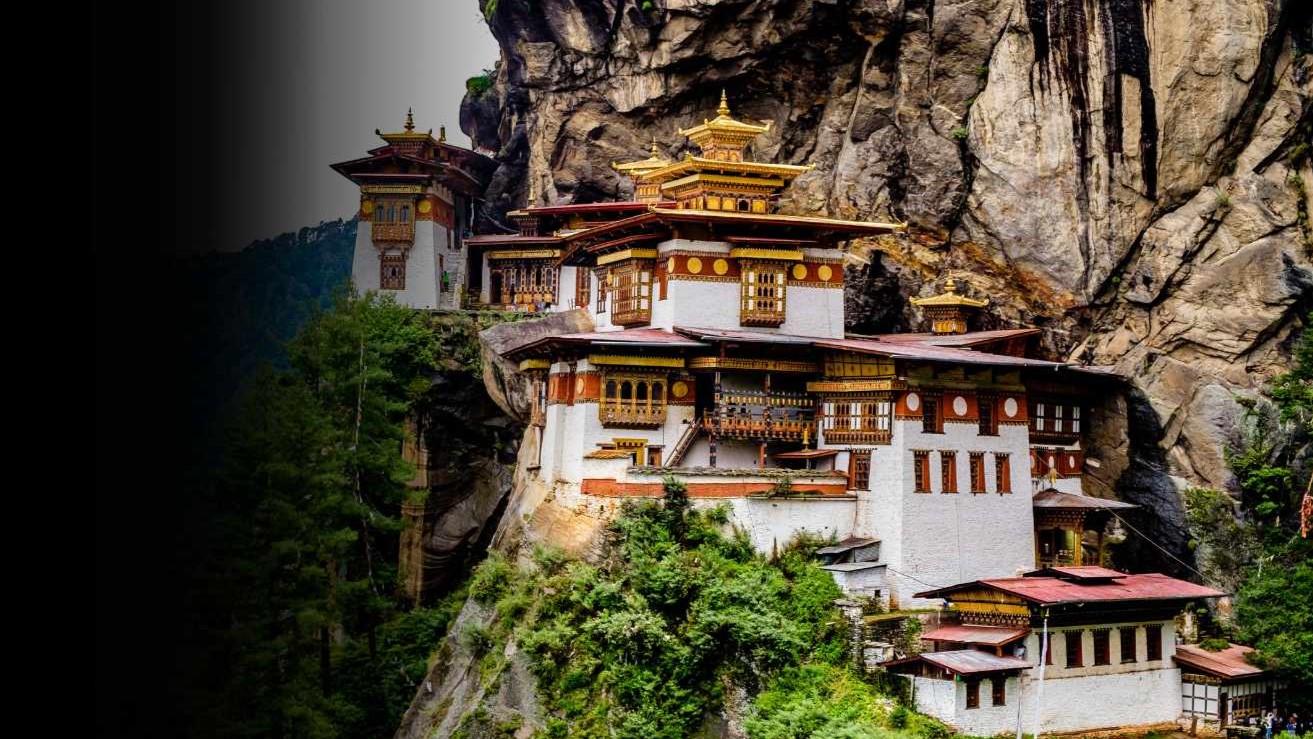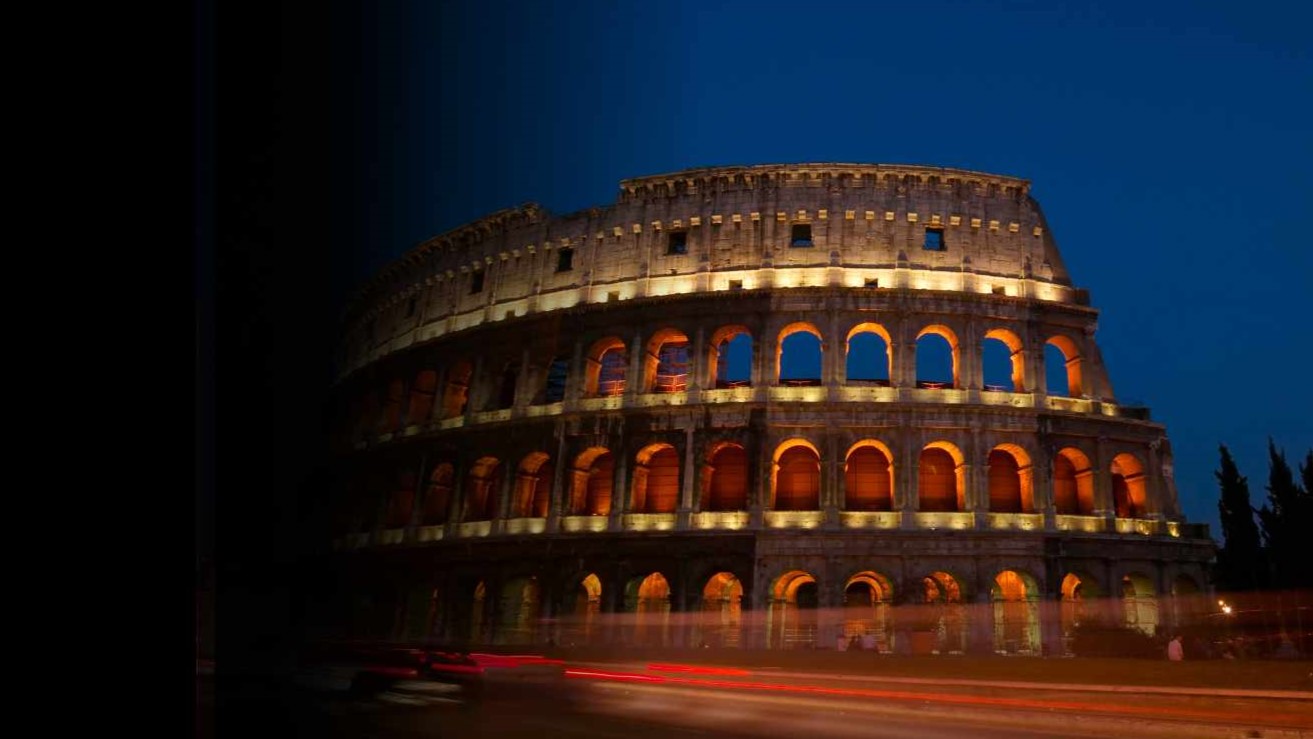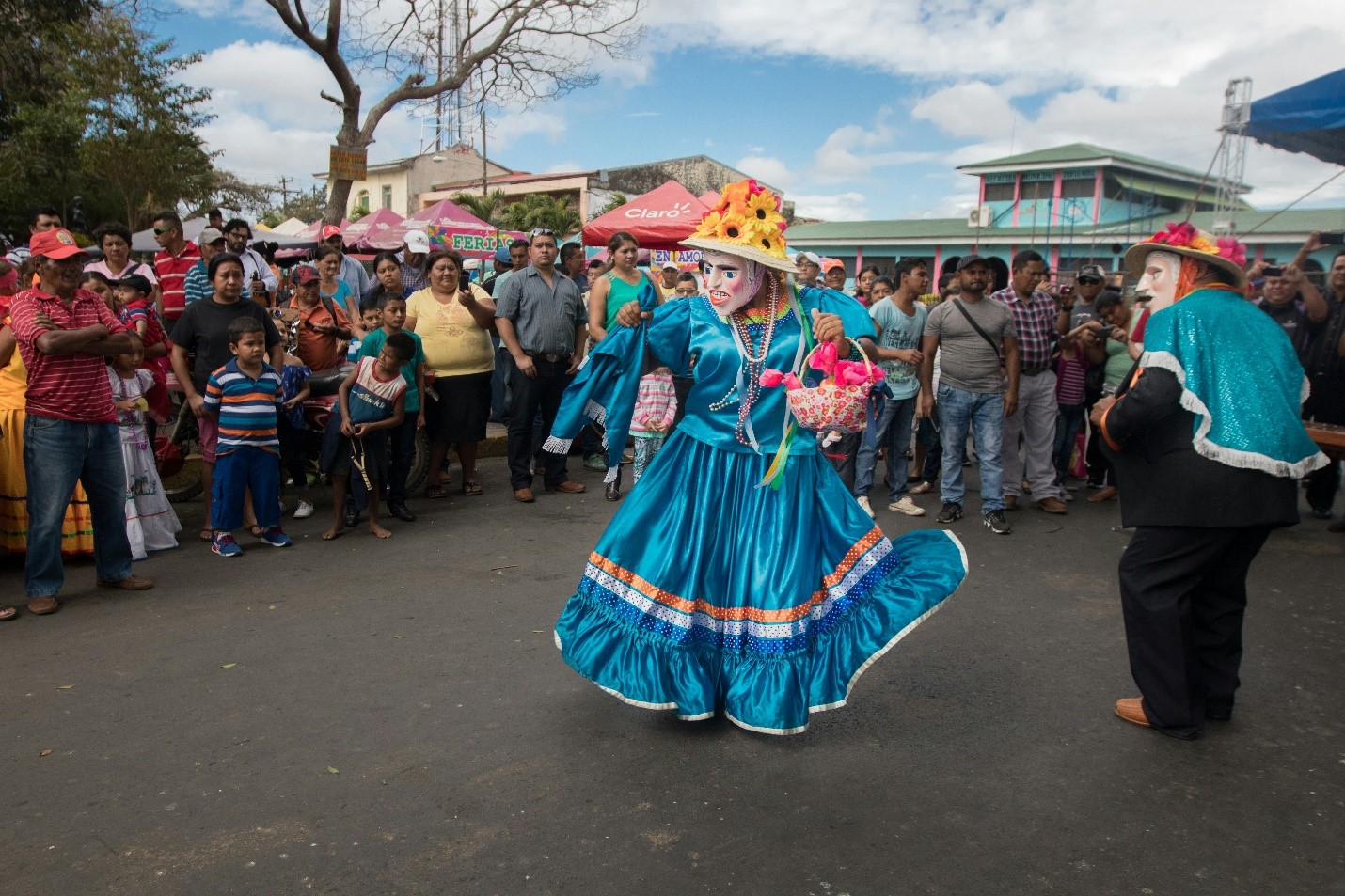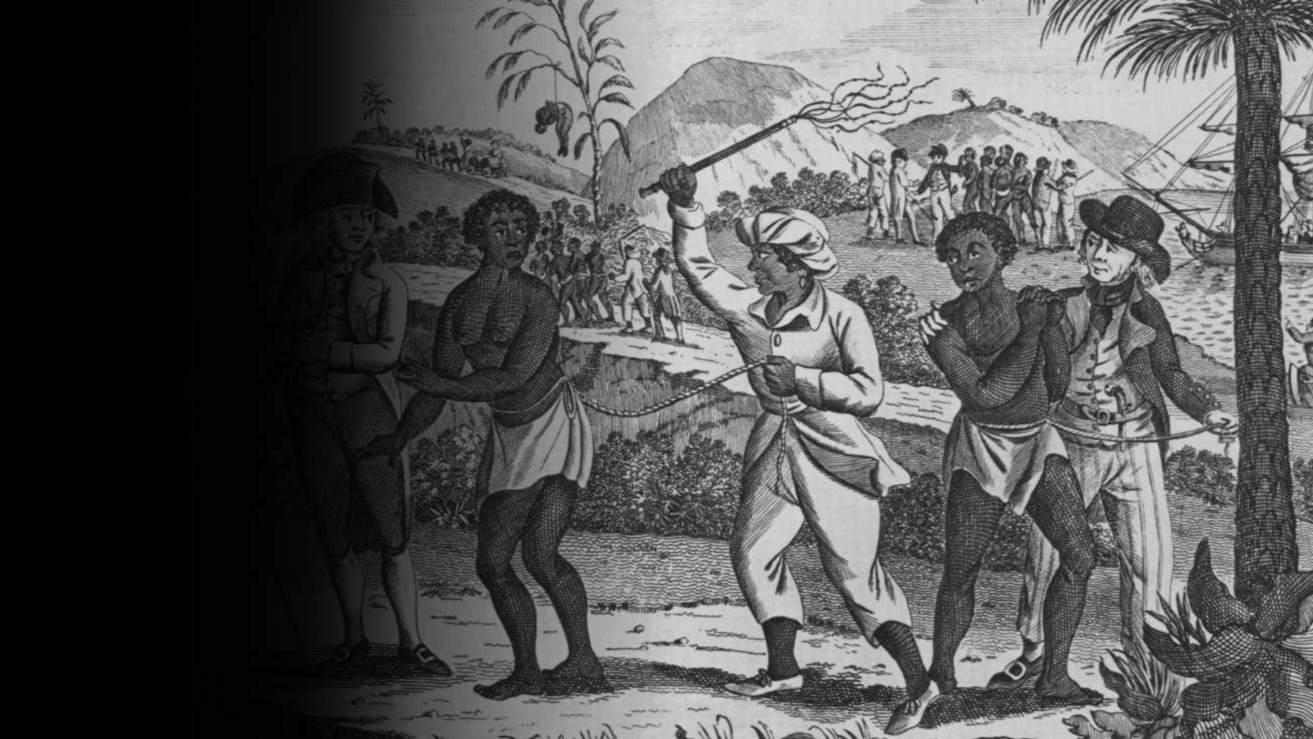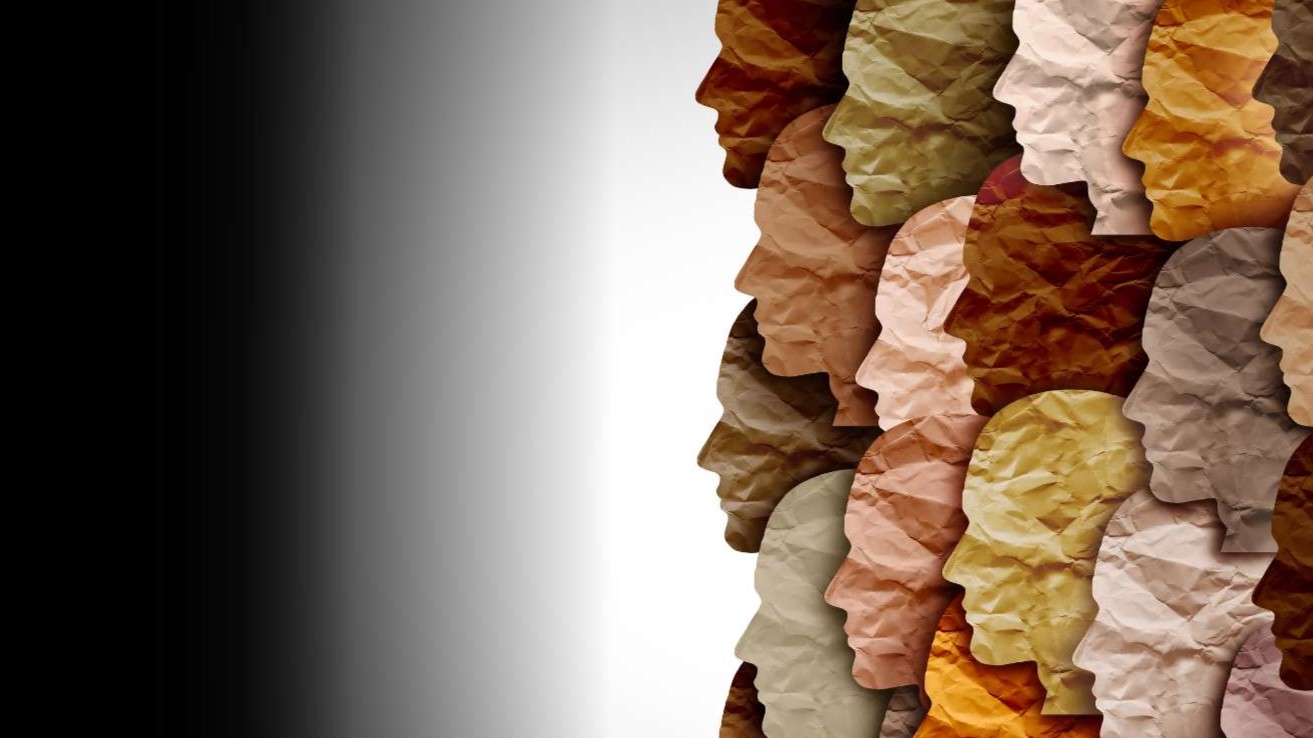Guided Pathways

Get Involved in History!
There are great opportunities to get involved while you're a student in history, including events, clubs, collaboration research projects with faculty, study abroad, career-building opportunities, and more.
Guided Pathways
History provides the intellectual and entrepreneurial tools to thrive in a world that is highly specialized and globally interconnected.
Alumni work in business, technology, journalism, law, museums, medicine, libraries, government, politics, education, and countless other areas. History students develop the ability to write well, interpret complex information, and create solutions to challenging problems; as well, students learn how to handle ambiguity, and how to work across cultures. These skills can take history graduates almost anywhere.
Our award-winning and internationally-recognized faculty educate students in a myriad of time periods, world regions and areas of interest. Guided Pathways will allow students to customize a learning experience specific to their interests and future career goals.
Pre-Professional
Regional
Africa
To study African history is to study the world. African history classes focus on the continent’s longstanding and changing relationships with other parts of the world.
American West
The study of the American West is a strength of this department. We have faculty who teach about the interaction of native peoples with settlers who came in to the region...
Asia
Asia is the size of North and South America combined with nearly six times the population of Europe. It accounts for over one-third of the entire world's Gross Domestic Product.
Europe
European History explores and challenges transformations in Europe and its influence in the world over the last several centuries. By examining such themes as empire, war, migration, and...
Latin America
Understand the historical roots of contemporary issues like immigration, the drug trade, corruption, foreign debt, and trade negotiations.
United States
The history of the United States is, like all history, constantly evolving in response
to new questions,...
World History
Clothing made in China, jobs in Saudi Arabia, immigrants from Honduras: all these phenomena are part of the globalization of the world today.
Thematic
Colonialism
For thousands of years, empires have been one of the world’s most widespread and influential forms of political and social organization.
Comparative Gender & Sexuality
The way we understand gender, both in theory and in practice, has changed over time. Scholars currently think of gender as systems that sort people into the categories of male, female, queer, or non-binary.
Environmental
Environmental history is the study of the reciprocal relationships between people and the natural world.
Race & Ethnicity
Issues of race and ethnicity have permeated all aspects of socio-political and cultural life.
Religion
The history of belief systems that we explore in the Religion track goes beyond Europe and North America.
Science, Technology, & Medicine
Between the European Middles Ages and the contemporary post-colonial era, European expansion led to the creation and consolidation of colonial regimes around the world.
Pre-Law Courses
History is a superb foundation for the study of law, because legal reasoning depends fundamentally on historical reasoning. Law schools look favorably on a history major because the critical thinking, research, and writing skills that are taught in history classes are so similar to the skills that are required for the study of law. Students on this track will focus on the development of legal codes and political systems and will be especially well prepared for the demands of law school.
HIST 3045: Late Medieval England
HIST 4095: Governing Bodies
HIST 4130: Early Medieval Social and Cultural History
HIST 4600: Women in American History to 1870
Public History Courses
Simply put, public history is history put to work. Public historians work in both historical resource management and applied research. They collaborate with community partners or clients to interpret the past in useful and accessible ways. Public historians disseminate their research to broad public audiences through a wide variety of methods such as museum exhibits, documentary films, historic preservation projects, the collection of oral histories, and digital media. Students on this track will examine the theories behind and gain practical experience in various aspects of public history, laying the groundwork for potential careers in museums, archives, historical consulting, cultural resource management, and government agencies.
HIST 4360: Careers in Public History
HIST 4365: Oral History: Capturing and Presenting Individual and Community Stories
HIST 5080: American History and Its Publics
HIST 5100: Internship in History
National Council on Public History: Choosing and Thriving in a Public History Program
African History Courses
To study African history is to study the world. African history classes focus on the continent’s longstanding and changing relationships with other parts of the world covering everything from ancient trade routes in the Sahara and Swahili coast, to the international relations of polities like Aksum, Mali, and the Kongo Kingdom, to the devastating impact of the Atlantic slave trade and European colonialism. Studying Africa’s more recent past provides students with the analytical tools to understand many of the modern world’s most critical issues including global health challenges, the climate crisis, relationships between citizens and the state, and the changing role of technology in society. All African history courses include a heavy focus on African-generated sources such as oral traditions, popular literature, material culture, and music, enabling students to consider these connections, changes, and challenges from the perspectives of African creators from the very distant past to the present. Coursework in this area will help students to become critically engaged and informed global citizens and provide a useful background for a variety of career paths.
HIST 3440: Africa in WOrld HistoryHIST 3450: Modern Africa
HIST 3460: Environments, Health, and Development in African History
American West Courses
The study of the American West is a strength of this department. We have faculty who teach about the interaction of native peoples with settlers who came in to the region, faculty who teach about environmental issues in the US and its Southwest, those who teach about Utah as a state, those who tackle labor issues in the West, those who deal with the religious culture of the state and the West. Students taking this pathway not only delve deeply into a broad range of topics as they relate to this part of the US, but they also come to understand how this region relates to the wider world like the rest of North, Central and South America, the Pacific and Asia, Europe and Middle East. The department also shares deep connections to the American West Center, which houses thousands of oral histories and a wide range of curriculum support materials, and which initiates and supports projects for both undergraduate and graduate students. Students of the American West have gone on to work in archives, business, law, the non-profit sector, and various other professions.
HIST 4380: US Environmental History
HIST 4540: Chicana/o History since 1849
HIST 4650: History of the US West
HIST 4671: American Indian History to 1850
HIST 4672: AMerican Indian History since 1850
HIST 4795: Mormonism and the American Experience
Asian History Courses
Asia is the size of North and South America combined with nearly six times the population of Europe. It accounts for over one-third of the entire world's Gross Domestic Product. The study of Asian history extends from India to Japan and Indonesia to Mongolia, from the early Indus River and Yangzi River civilizations 5,000 years ago to the very present global economy. Connections between Asia and Utah and the intermountain West run deep in modern history from the railroads and mines to current businesses in cosmetics, sportswear and pharmaceuticals. The range of courses related to Asia complement those in World Languages and Literature, Political Science, Economics, Sociology, Art History, International Studies, Film Studies, Social Work, Architecture, Environmental Studies, and even Medicine and the Physical Sciences. The study of Asia’s past is highly relevant to current concerns in the US, and in recent years, students of Asian history have gone on to careers in computer graphics and animation, game design, finance, international law, foreign liaison service, military intelligence, microbiology, sustainability consulting, and museum work, as well as post-graduate studies at elite institutions.
HIST 1220: Asian History since 1500
HIST 3500: Pre-Modern China
HIST 3510: Modern China
HIST 3520: Pre-Modern Japan
HIST 3530: Modern Japan
HIST 3540: THe Japanese Empire
HIST 3545: Ancient India
HIST 3555: Medieval India
HIST 3560: Modern India
HIST 3580: Premodern Southeast Asia
HIST 3590: Modern Southeast Asia
HIST 3650: Histories of the Pacific Islands
HIST 4070: History of Science in Asia
HIST 4230: Global Islam
HIST 4510: Asia in the World
HIST 4765: The Vietnam War
HIST 4800: Topics in Asian History
HIST 4855: Environmental History of India
HIST 4860: Environmental History of China
HIST 4865: Gender, Race, and Empire in Asia
European History Courses
European History explores and challenges transformations in Europe and its influence in the world over the last several centuries. By examining such themes as empire, war, migration, and cooperation in Europe, students gain a broader understanding of other cultures and societies. It prepares students to critically consider Europe—and by extension any region—and the construction of nationality and identity. To do so, students examine primary sources from different regions, cultures, and media. Students who study European history often go on to teach primary or secondary school, attend law school, work for the State Department, or teach English abroad.
HIST 1110: European History since 1300
HIST 2100: Nazi Germany and the Holocaust
HIST 3040: Early Medieval England
HIST 3045: Late Medieval England
HIST 3140: Victorian Britain
HIST 3160: Soviet Union
HIST 3210: Age of Total War
HIST 3220: Post-War Europe
HIST 3240: Twentieth Century Britain
HIST 4010: Roman Republic
HIST 4020: Roman Empire
HIST 4040: Christianity in the Ancient World
HIST 4050: Christianity in the Medieval World
HIST 4080: History of Medicine
HIST 4095: Governing Bodies
HIST 4120: Christianity in the Modern World
HIST 4130: Early Medieval Social and Cultural History
HIST 4250: Topics in European Social and Cultural History
HIST 4270: The Age of Global Empires, 1400-1750
HIST 4275: The End of Empires, 1750 - Present
HIST 4701: The Darwinian Revolution
Latin American Courses
Understand the historical roots of contemporary issues like immigration, the drug trade, corruption, foreign debt, and trade negotiations. Discover the rich history of Latin American poets, neighborhood activists, medical history, and indigenous society and culture.
The degree emphasis in Latin American history is built around two core courses (1300 and 1310) that take an interdisciplinary approach and fulfill degree requirements for Latin American Studies. Students may focus on specific countries of emphasis and gain a broad knowledge of trends in the region. The Latin American history emphasis offers course sections in target languages (Spanish, Portuguese), thus allowing students to access non-English historical documents and materials. The degree emphasis prepares students in the ways that history in general does, with the additional benefit of cross cultural study and consideration of colonization and post-colonialism, indigeneity, state formation, culture, and social movements. The degree emphasis is necessarily comparative in nature.
The curriculum prepares students for graduate study or for Latin America-related careers in business, communications, government, bilingual/bicultural education, secondary teaching, community organizing, and international work.
HIST 1310: Latin American Cilivzation since the 1820s
HIST 3300: History of Mexico
HIST 3350: History of Brazil
HIST 4290: The Americas After 1492
HIST 4300: Topics in Latin American History
HIST 4310: Gender and Power in Latin America
United States History Courses
The history of the United States is, like all history, constantly evolving in response to new questions, the discovery of new evidence, the introduction of new perspectives, and the shifting needs and demands of an increasingly diverse, mobile, and globally connected society. Training in the field leads to a wide variety of careers, including jobs in law, government, non-profits, business, medicine, technology, education, historic preservation, museums, publishing, and other public history fields. As students of U.S. history you can examine everything from the indigenous cultures and societies that thrived in North America before European contact to the present day problems and debates that influence our modern nation and world. You will gain new insights into the political, social, economic, diplomatic, religious, and cultural histories that inform the way we live in the U.S. today and the way we choose to remember the nation’s past. Beyond specific career training you will investigate important contemporary issues through a critical historical lens, training that will enable you to be an informed, engaged, and inquisitive modern citizen. With specialists in early and modern America, women, gender, military, African Americans, Latinas/os, American Indians, Asian Americans, the U.S. West, Utah, and Mormon histories, the History Department is well-equipped to help you explore the many different histories that, when combined, make up the American experience.
HIST 3700: Colonial America
HIST 3710: The American Revolution
HIST 3720: The New Nation
HIST 3730: Civil War and Reconstruction
HIST 3740: Emergence of Modern America
HIST 3750: Recent America
HIST 4380: U.S. Environmental History
HIST 4390: Major Issues in American History
HIST 4600: Women in American History to 1870
HIST 4610: Women in American History since 1870.
HIST 4630: History of Sexuality in America
HIST 4635: The Gay Family in America
HIST 4650: History of the U.S. West
HIST 4660: History of Utah
HIST 4671: American Indian History to 1850
HIST 4672: American Indian History since 1850
HIST 4690: African American History, 1619-1890
HIST 4701: The Darwinian Revolution
HIST 4720: The Worlds of Benjamin Franklin
HIST 4760: US Foreign Relations: Twentieth Century
HIST 4765: The Veiietnam War
HIST 4790: American Religions
HIST 4795: Mormonism and the AMerican Experience
World History Courses
Clothing made in China, jobs in Saudi Arabia, immigrants from Honduras: all these phenomena are part of the globalization of the world today. While these developments seem new, they have many precedents. In London in the seventeenth century, Indigenous representatives from North America walked the streets of the huge metropolis. British drug dealers harvesting opium in India peddled their wares in China in the nineteenth century. Manila hosted Chinese merchants who sold luxury goods in exchange for silver mined in Potosi in present-day Bolivia for over two hundred years. Ideas, religions, goods, and people crossed the planet on a regular basis. By 1900, a global system of communication and transportation was fully operational.
The Department of History offers numerous courses addressing global exchange and encounters, from the ancient world to the present day. Survey courses of World History both before and after 1500 are regularly available to students. Courses such as Global Islam and Christianity in the Modern World give students unique perspectives on major world religions. Offerings also address exploration, empires, decolonization, and world health. These are crucial to understanding the tensions and challenges of the contemporary world. Well educated students with global knowledge are well prepared for the positions available in a globalized world where careers often take one overseas, from East Asia to Europe.
HIST 1510: World History since 1500
HIST 2200: The World since 1945
HIST 3210: Age of Total War
HIST 3440: Africa in World History
HIST 4075: Science, Technology and Society
HIST 4085: History of Technology
HIST 4200: Topics in World History
HIST 4230: Global Islam
HIST 4270: The Age of Global Empires, 1400-1750
HIST 4275: The End of Empires, 1750-Present
HIST 4290: The Americas After 1492
HIST 4400: Introduction to Islam
HIST 4865: Gender, Race, and Empire in Asia
Colonialism & Imperialism Courses
For thousands of years, empires have been one of the world’s most widespread and influential forms of political and social organization. Ranging in time from the empires of ancient Mesopotamia to the European empires that dominated much of the globe until the mid-20th century, they have done much to shape the contours of human history. The study of colonialism and imperialism includes attention to gender, environmental history, religion, slavery, the history of science and medicine, and histories of indigenous peoples. Colonial authorities remade landscapes, polities, and societies. Empires also shaped beliefs, impacting the inner worlds of colonizers and colonized alike.
Yet with colonial rule came dissent and contestation. In the face of often exploitative and hierarchical regimes, colonized peoples sought to retain control of their own lives, refashioning the dynamics of imperial influence in the process. In the modern era, the legitimacy of empires has been comprehensively called into question. The phenomenon of decolonization was one of the most important political developments of the twentieth century, and, while imperialism has not disappeared from the contemporary world, colonial practices have taken new forms.
Students who choose to pursue coursework in Colonialism and Imperialism will explore the complex dynamics of colonial interactions, which remain profoundly relevant to the textures and structures of contemporary human experience.
HIST 3140: Victorian Britain
HIST 3160: Soviet Union
HIST 3590: Modern Southeast Asia
HIST 3650: Histories of the Pacific Islands
HIST 3670: History of Hawai'i
HIST 4275: The End of Empires, 1750-Present
HIST 4290: The Americas After 1492
HIST 4671: American Indian History to 1850
HIST 4672: American Indian History since 1850
Comparative Gender & Sexuality Courses
The way we understand gender, both in theory and in practice, has changed over time. Scholars currently think of gender as systems that sort people into the categories of male, female, queer, or non-binary. As we know from more recent studies of sex and gender in the sciences, the biological and cultural expressions of gender shape each other. Our Comparative Gender track allows students to study gender across and among different cultures and in different historical moments. Such comparisons make the socially constructed nature of gender much easier to see and illuminate the profound impact it has always had on our daily lives, social structures, legal frameworks, and economics. Studying gender cross-culturally also allows students to think about how gender interacts with other social hierarchies such as race, class, and sexuality. Students in this track will develop crucial skills for analyzing how systems of power and hierarchy work and how they interact with each other. Students will also acquire an understanding of how gender has shaped opportunities and experiences in the past, leaving lasting legacies. With this knowledge we can imagine a range of possible futures.
HIST 4095: Governing Bodies
HIST 4310: Gender and Power in Latin America
HIST 4600: Women in American History to 1870
HIST 4610: Women in American History since 1870
HIST 4630: History of Sexuality in America
HIST 4635: The Gay Family in America
HIST 4690: African American History: 1619-1890
HIST 4700: African American History since 1890
HIST 4865: Gender, Race, and Empire in Asia
Environmental Courses
Environmental history is the study of the reciprocal relationships between people and the natural world. Environmental historians explore the historically and culturally derived ways in which human societies have engaged nature, the influence of nature on human life, and the consequences of these interactions for both nature and people. Environmental historians utilize interdisciplinary methods that combine traditional historical source materials with research from the natural sciences. The environmental history track will help prepare students for further academic work as well as potential careers in environmental law, land and resource management, environmental science, and government agencies.
HIST 3460: Environments, Health, and Development in African History
HIST 4380: U.S. Environmental History
HIST 4855: Environmental History of India
HIST 4860: Environmental History of China
Race & Ethnicity Courses
Issues of race and ethnicity have permeated all aspects of socio-political and cultural life. History cannot be properly understood without understanding how racial formations were created and sustained and how those formations shaped societies. Racial and ethnic hierarchies formed states and nations, caused the migrations of masses of people, transformed economies and trade, altered systems of beliefs, and produced multiple layers of cultures. In addition to the Diversity courses in African American, Chicana/o, and Asian American history, courses on colonialism and imperialism, gender, and World history take as a key component an examination of race and ethnicity. Students who pursue this pathway will heighten their perception of less visible structures of racial formations across societies, develop critical analytic skills in comprehending theories and events, and raise their ability to synthesize pragmatic initiatives regarding racial issues and their intersections with those of gender and class.
HIST 1310: Latin American History since the 1820s
HIST 2100: Nazi Germany and the Holocaust
HIST 3350: History of Brazil
HIST 3730: Civil War and Reconstruction
HIST 4275: The End of Empires, 1750-Present
HIST 4600: Women in American History to 1870
HIST 4610: Women in American History since 1870
HIST 4630: History of Sexuality in America
HIST 4635: The Gay Family in America
HIST 4671: American Indian History to 1850
HIST 4672: American Indian History since 1850
HIST 4680: American Slavery
HIST 4690: African American History, 1619-1890
HIST 4700: African American History since 1890
HIST 4715: Racial Capitalism: A History
HIST 4865: Gender, Race, and Empire in Asia
Religion Courses
The history of belief systems that we explore in the Religion track goes beyond Europe and North America. In addition to a wealth of courses on Christianity from the earliest times to the present, the Religion track also encompasses non-Judeo-Christian traditions such as Islam, Hinduism, Buddhism, and various indigenous systems of belief, both ancient and modern. As the flagship Utah institution of higher learning, a key component of the Religion track is the study of the history of Mormonism. The study of religious history informs our understanding of social institutions and cultural values and it reveals how communities determine and encourage ethical behavior even in areas such as business and trade.
HIST 3555: Medieval India
HIST 4040: Christianity in the Ancient World
HIST 4050: Christianity in the Medieval World
HIST 4400: Introduction to Islam
HIST 4790: American Religions
HIST 4795: Mormonism and the American Experience
Science, Technology, & Medicine Courses
Between the European Middles Ages and the contemporary post-colonial era, European expansion led to the creation and consolidation of colonial regimes around the world. Colonial authorities sought to transform societies by remolding their subjects’ own vision of themselves, their families, their lands, their sciences, and even their futures.
The pervasive and insidious influence of colonialism, its technology, and its violence was thus felt in the mind and body, marked vast landscapes, and found expression in everything from politics to material culture. Yet with colonial rule came dissent and contestation. In the face of what were often stringently hierarchical colonial regimes, women and men in the Americas, Africa, and Asia, attempted to retain control of their own lives. Their strivings meant that, as Western ideas about gender, ethnicity, science, technology, and the environment were extended overseas, they were themselves refashioned.
HIST 4070: History of Science in Asia
HIST 4075: Science, Technology, and Society
HIST 4080: History of Medicine in Western Society
HIST 4085: History of Technology
HIST 4635: The Gay Family in America
HIST 4701: The Darwinian Revolution

